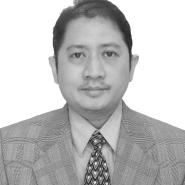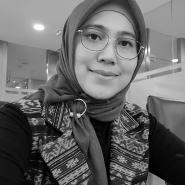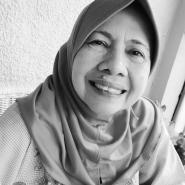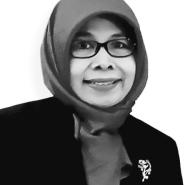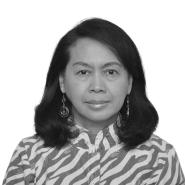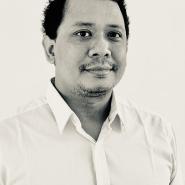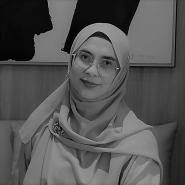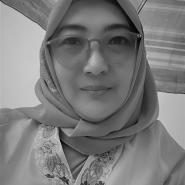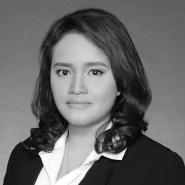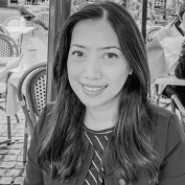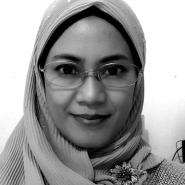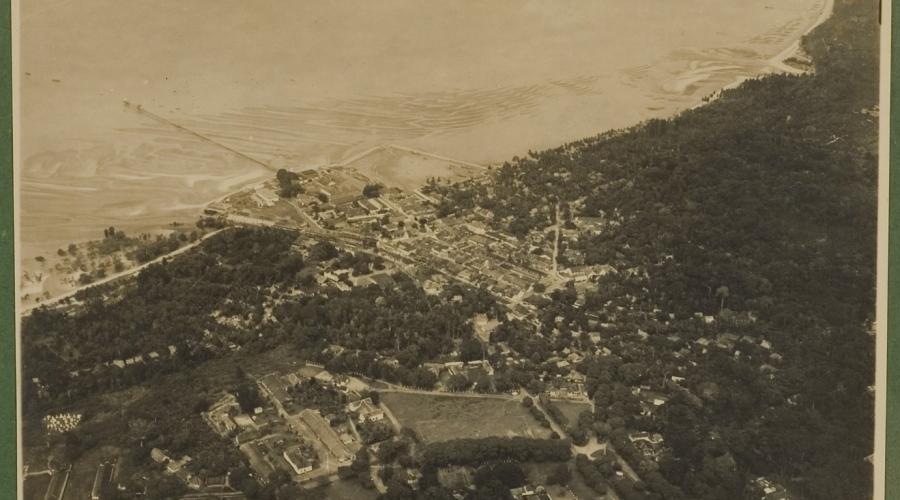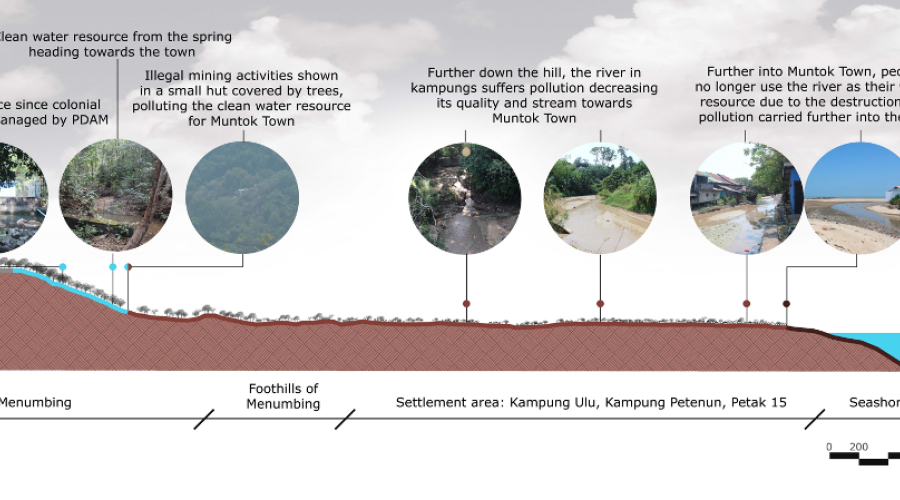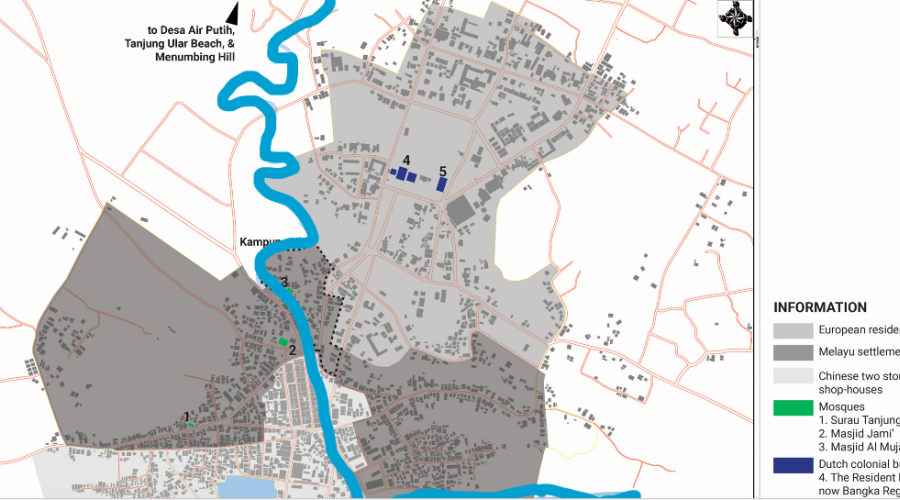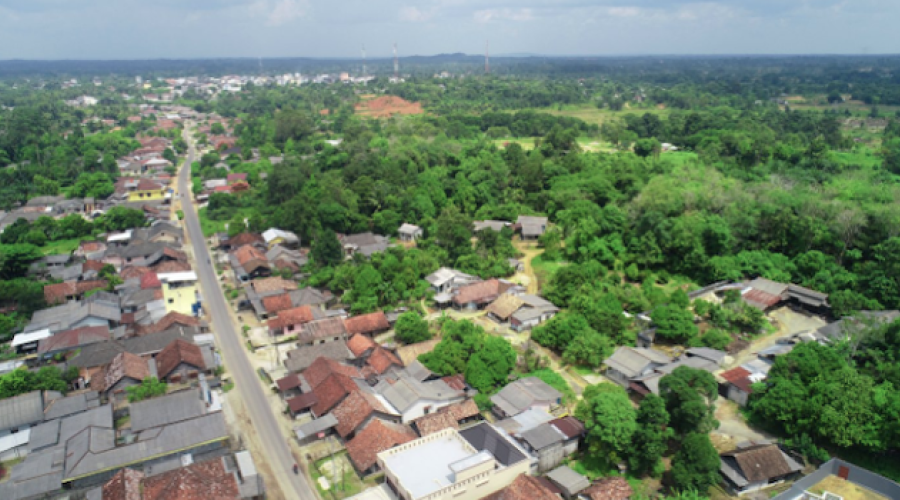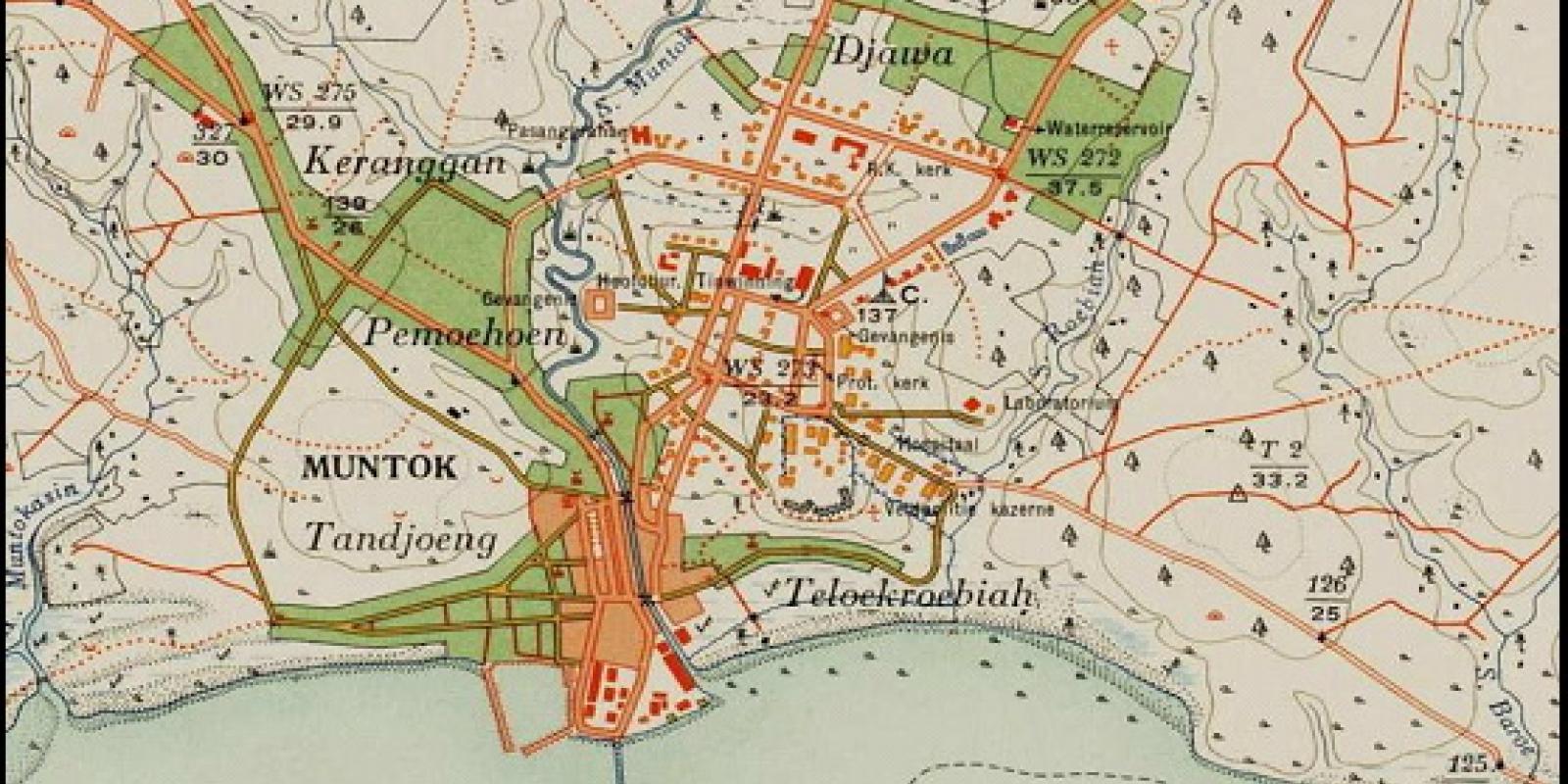
The residents of Muntok are increasingly confronted by annual flooding as well as river degradation due to the emergence of illegal tin mining activities and deforestation. Fluctuating world tin price has locally triggered illegal tin mining. Influenced by large enterprises, land use change also occurs transforming natural landscapes into monoculture oil palm plantation estates, which in turn caused the reduction of water infiltration capacity. Pollution and other excess from illegal tin mining and deforestation became the major causes of river degradation. On top of all that the recent Covid 19 pandemic caused the lost of jobs for many residents, who in their turn look for alternative income sources.
Rationale
The project is significant as Muntok has a rich historical water system as landscape value. In the past, rivers streams from the spring at Menumbing Hill. Ground water was accessible through wells, and the city water supply system exists since the colonial era in the 18th century. Besides serving daily basic needs, running water is also vital in the tin mining industry.
In our view the communities of Muntok are the social cultural capital that can guarantee the future development of the old town as a livable and harmonious place to live.
Strategy
It is proposed to develop a model of rejuvenated and renaturalized Muntok river in achieving liveable and sustainable town through participatory project along Muntok river as a follow up of the Historic Urban Landscape workshop recommendations held in 2018. The chosen villages along the river shall be ecologically stable as well as climate-proof in the future.
The goals are:
- To prioritize the revitalization of Muntok river as an urgent program for the local government As facilitators we propose to improve this social capital through a.o. raising the communities awareness about rivers.
- to provide academic and technical inputs for the local government for supporting the river revitalization/conservation regulation that ensure rights and obligations of differen stakeholders towards the river.
These will be the base of the vision of rejuvenated and renaturalized Muntok river which contributes to a liveable and sustainable town. Muntok river is an asset to be conserved as a social-ecological system in which the cultural and natural heritage resources hold significant knowledge in response of the disruptive factors mentioned before. The local community as social capital becomes important transformational force to achieve the vision of liveable and sustainable river town.
Methods
It is proposed to tell the story/history of river bios through:
- using results of previously held workshop in 2018 on Historic Urban Landscape (HUL) quick scan method (https://architecture.ui.ac.id/home/publications/) with outcomes such as book report and video about the story/history of Muntok river;
- Organizing webinar series to
- i) collect data from various resource persons,
- ii) share and disseminates various issues and challenges from resource persons including local historian, local government institution, national and international researcher, and local NGOs. The outcome will be a proceeding report.
- Publication and promotion through social media with the assistance of KALBU (Komunitas Lanskap Budaya/Indonesian Cultural Landscape Community), IDN Liveable Cities, and local government.
For the mapping components we propose:
- Spatial analysis as well landscape heritage inventory by using GIS database involving local government and universities.
- Review the evolution of the natural environment and human society to illustrate the process and cultural dynamics resulting in the current cultural landscape. An integral historic landscape information system will be developed. Compilation layers of heritage and natural value from primary and secondary data to be evaluated and analyzed.
- Participatory mapping workshop involving various local stakeholders. Particularly for historical mapping, it will trace different historical transformation from time to time.

